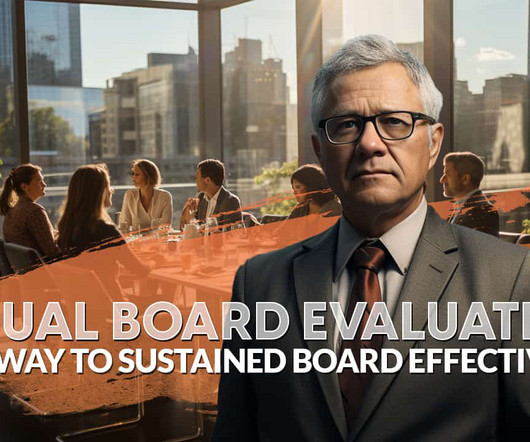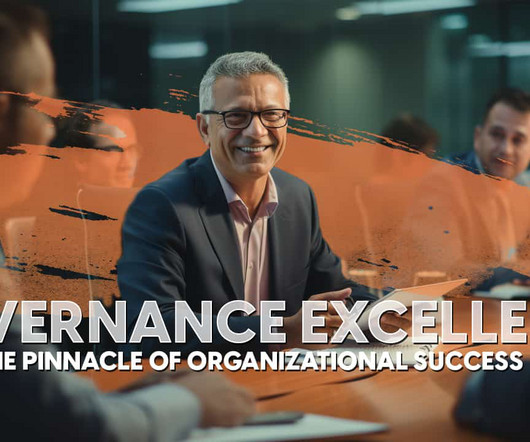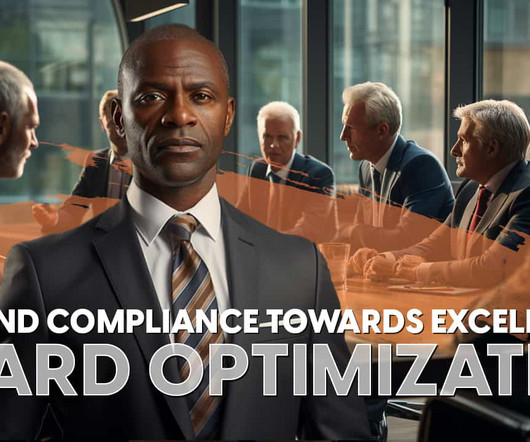Unlocking Excellence: The Role of a Chief Procurement Officer
N2Growth Blog
MAY 16, 2024
Furthermore, they must also prioritize compliance and risk management in procurement operations. This involves staying up-to-date with relevant regulations and industry standards, implementing robust governance processes, and conducting regular audits to identify and mitigate potential risks.



















Let's personalize your content